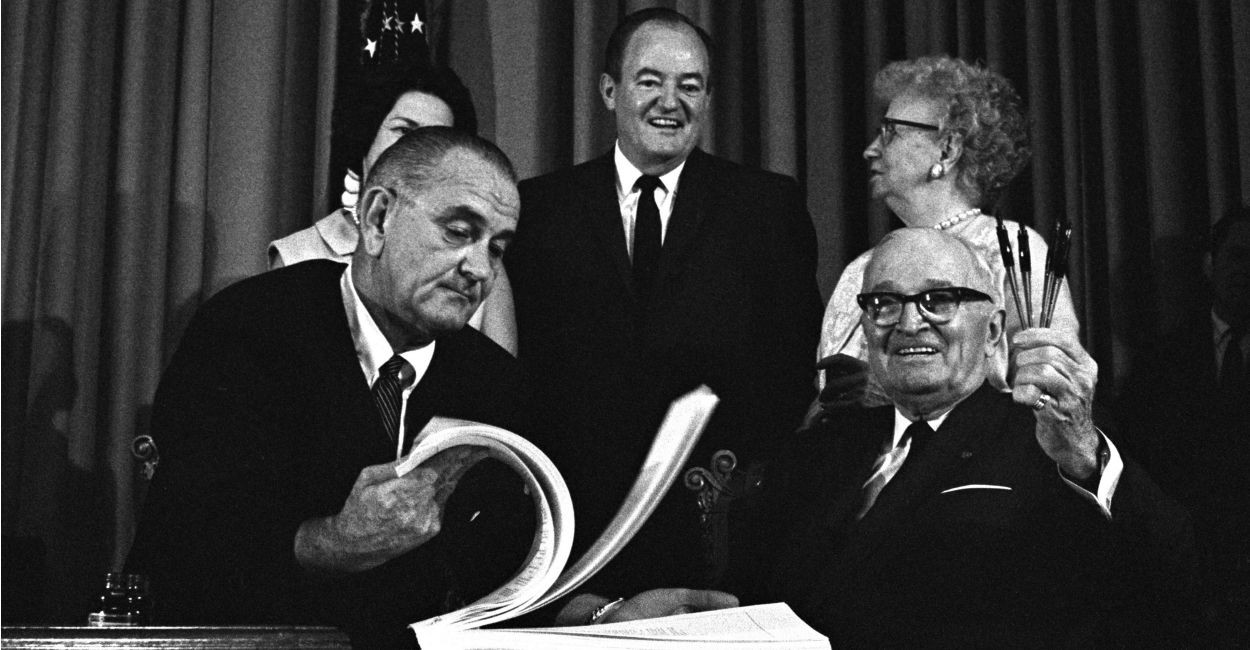America’s anchors have spoken: the shooting of one lion vastly outweighs the trafficking of baby parts by a taxpayer-funded abortion giant.
In other words, the broadcast news shows spent more time in one day on Cecil the Lion than they did on the Planned Parenthood videos in two weeks.
The three broadcast networks, ABC, NBC and CBS censored the third video released Tuesday by the Center for Medical Progress (CMP) exposing Planned Parenthood’s practice of harvesting aborted baby parts -- censored it at Planned Parenthood’s urging. But the news shows did find more than 14 minutes for a more important story: the “outrage” over the shooting of Cecil, a famed African lion, by an American dentist.
Tuesday, the networks spent 5 minutes, 44 seconds during their evening news shows on Cecil -- and that’s not even counting the teasers. Wednesday morning, ABC, NBC and CBS lamented over the lion for 8 minutes, 17 seconds. But they couldn’t do the same for a story of babies “picked” apart by tweezers. -
On July 29, Good Morning America co-anchor Lara Spencer highlighted the “very disturbing story” with “international outrage” before turning to ABC correspondent David Wright for the full story on the lion-shooting by an American, now, according to Wright, “pretty much the most hated man on the internet.”
“There are no words,” Spencer added at the end of the segment. Again, we’re talking about a lion. For CBS’ This Morning, co-anchor Gayle King commented, “The more you hear about it, the more upsetting it is.” For the shooting of a lion, yes. For the weekly videos exposing the trafficking of baby parts, no. (According to the media, that is.). “I heard somebody in South Africa describe it
,” King added. “It would be like in this country, if somebody shot Lassie, and then said, ‘We didn’t know that was Lassie.’”







